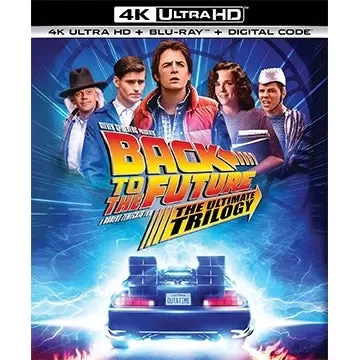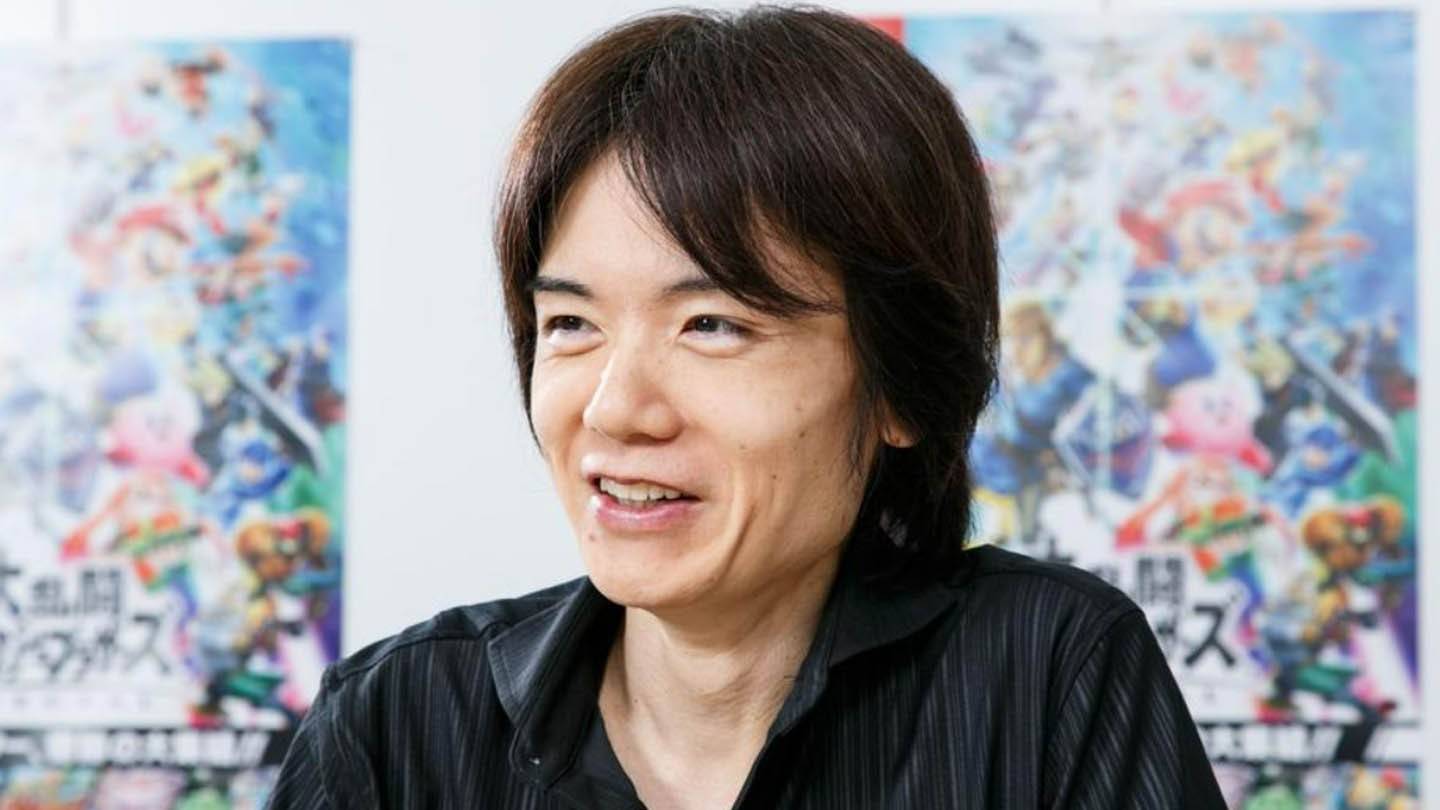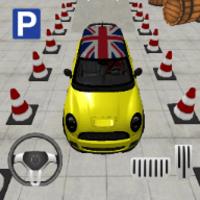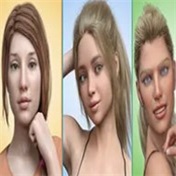Activision recently grabbed the attention of the gaming world by unveiling ads for new projects based on their renowned franchises, including Guitar Hero, Crash Bandicoot, and Call of Duty. However, the buzz wasn't about the announcements themselves, but the revelation that the promotional materials for these games were crafted using neural networks.
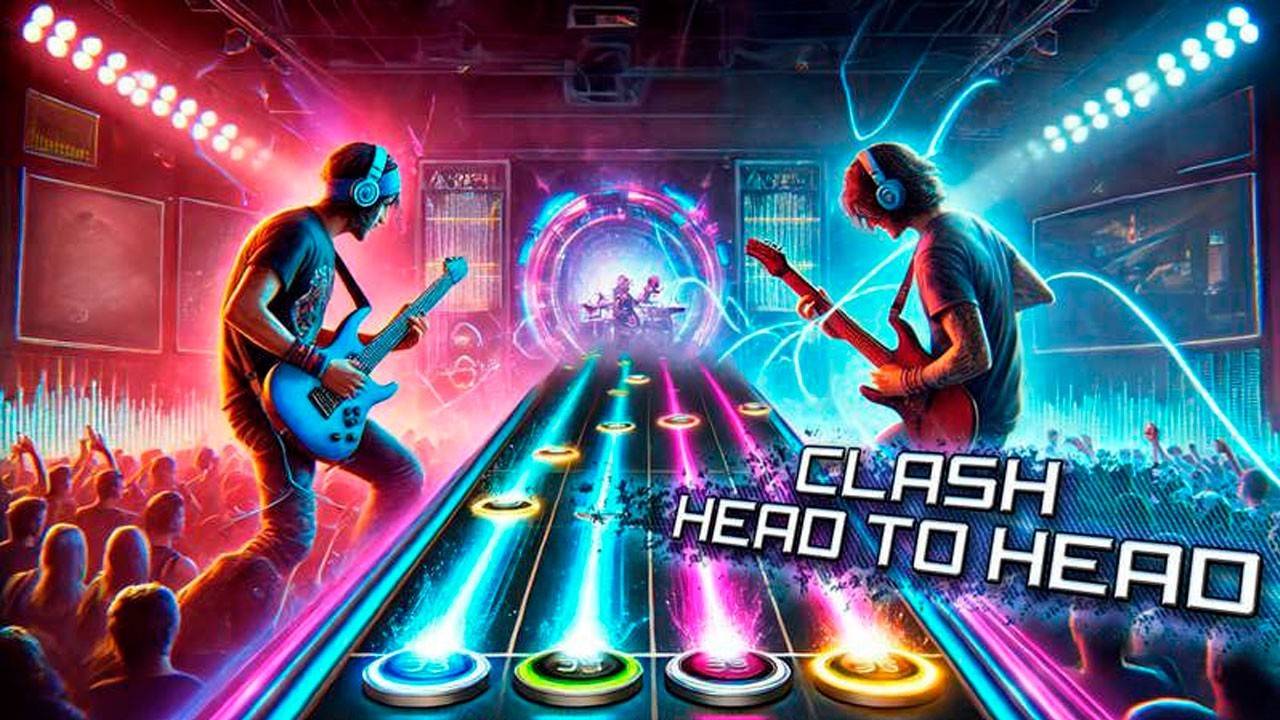 Image: apple.com
Image: apple.com
The first advertisement surfaced on one of Activision's social media platforms, promoting Guitar Hero Mobile and directing users to a pre-order page on the App Store. The peculiar and somewhat unnatural visuals quickly caught the eye of the gaming community, igniting a flurry of discussions. It wasn't long before similar reports surfaced about other mobile titles from the company, such as Crash Bandicoot Brawl and Call of Duty Mobile, which also showcased AI-generated art in their promotional content. Initially, there were suspicions of a hack, but it was later revealed to be an unconventional marketing experiment by Activision.
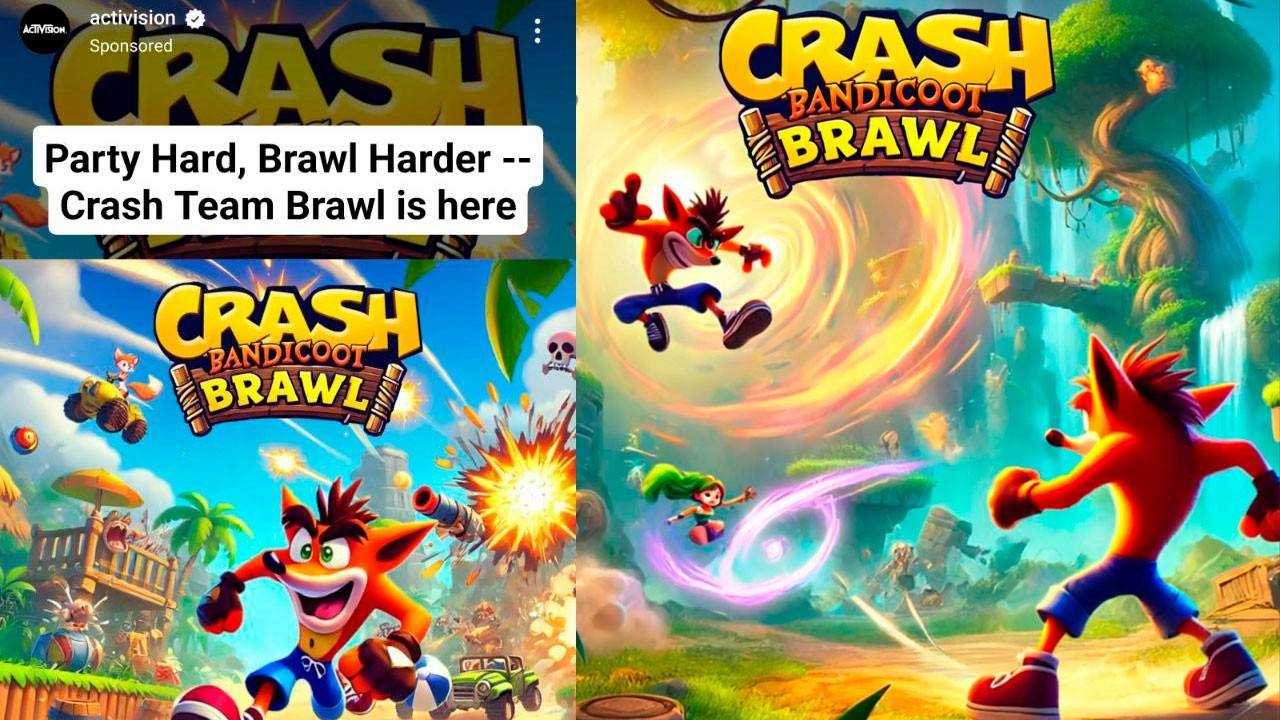 Image: apple.com
Image: apple.com
The gaming community's response was overwhelmingly negative. Gamers voiced their disapproval of Activision's decision to use generative AI over hiring professional artists and designers. Concerns were raised that this approach might degrade the quality of games into "AI garbage." Comparisons were even made to Electronic Arts, another company criticized for its controversial decisions within the gaming industry.
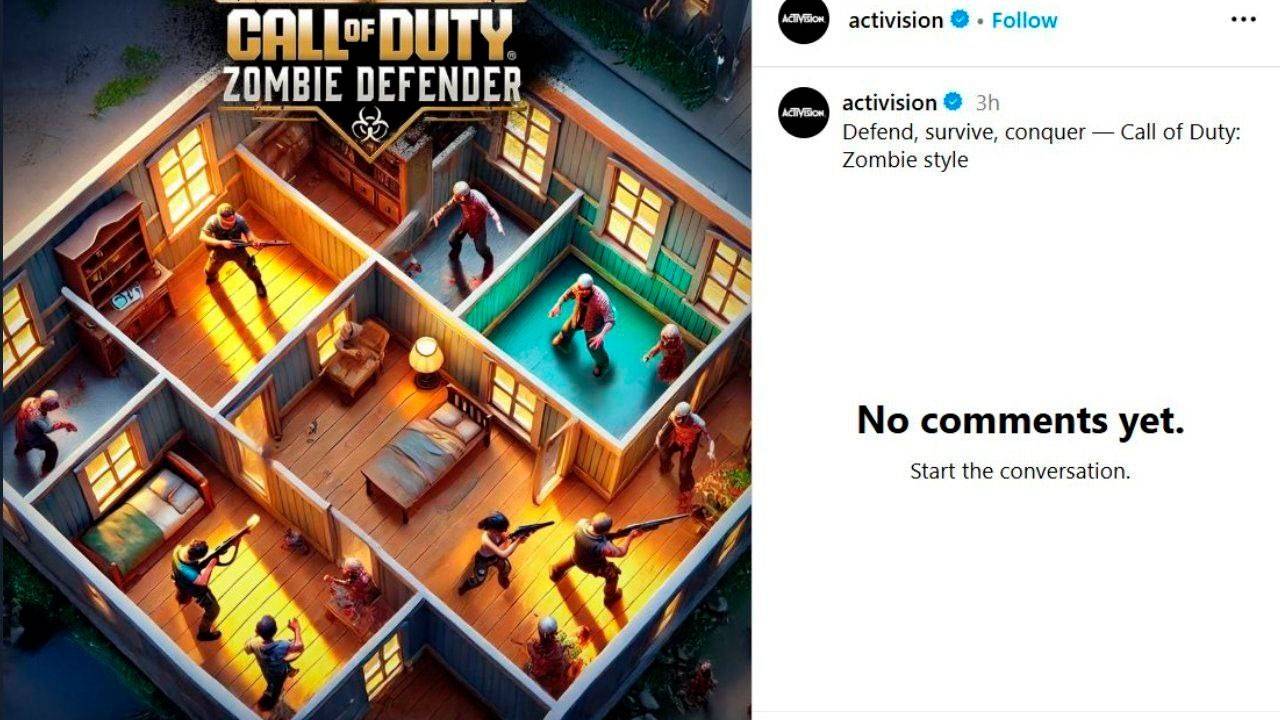 Image: apple.com
Image: apple.com
The utilization of AI in both development and marketing has become a hotly debated issue for Activision. The company has publicly acknowledged the active use of neural networks in content creation for titles like Call of Duty: Black Ops 6.
In response to the backlash, some of the promotional posts were taken down. It remains uncertain whether Activision intends to launch these games or if they were merely testing the waters with provocative content to gauge audience reactions.

